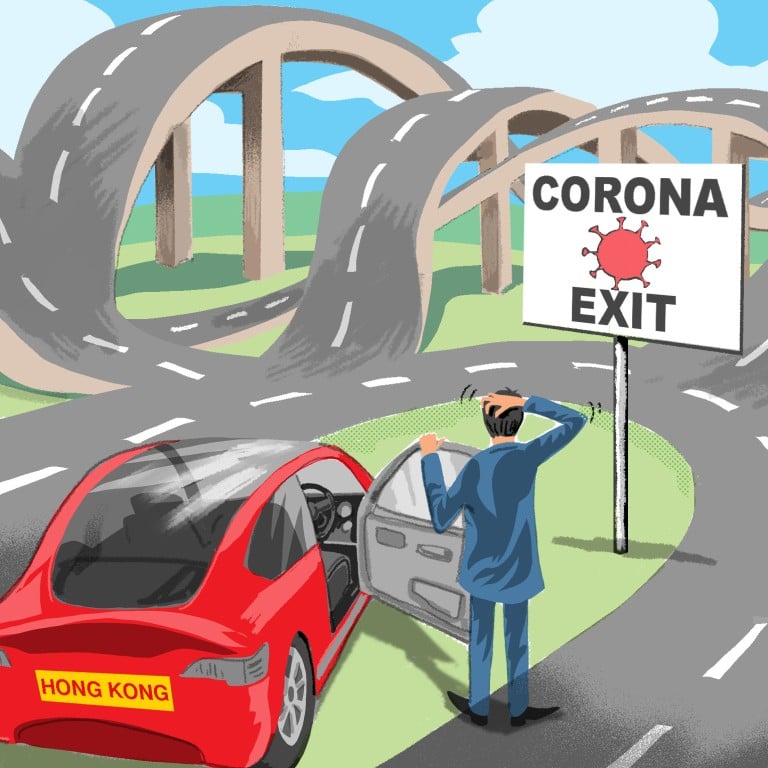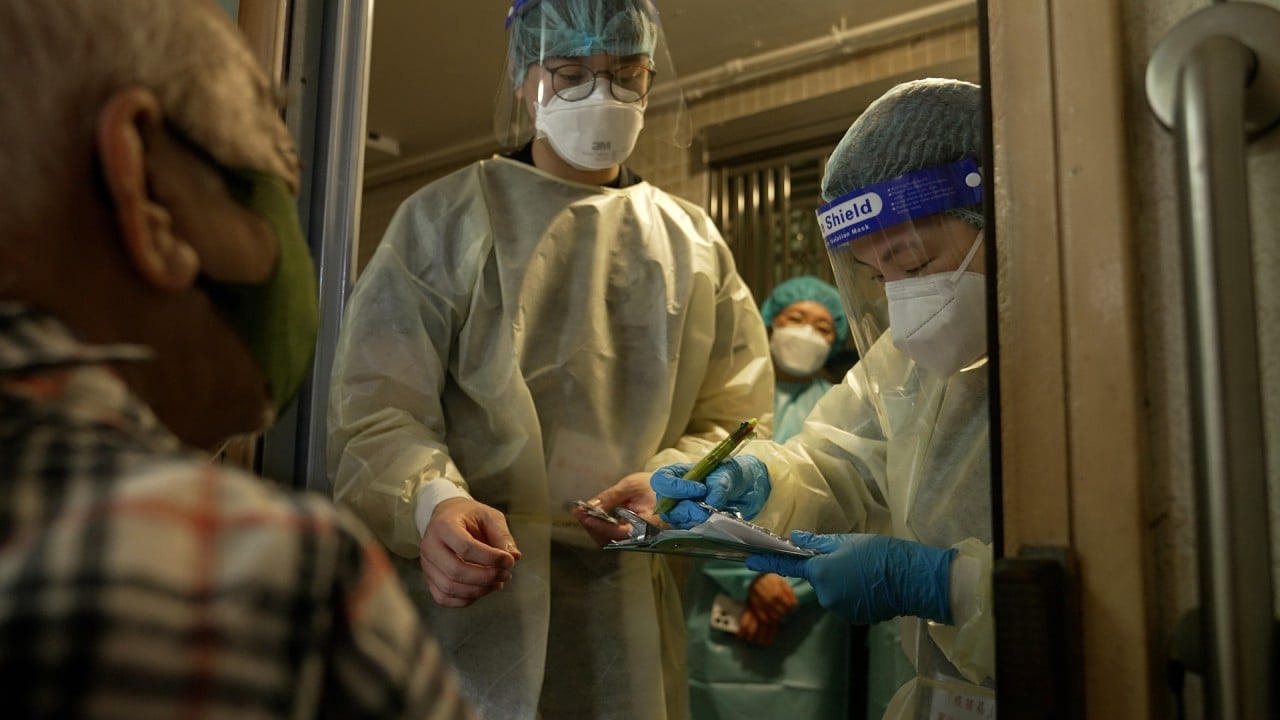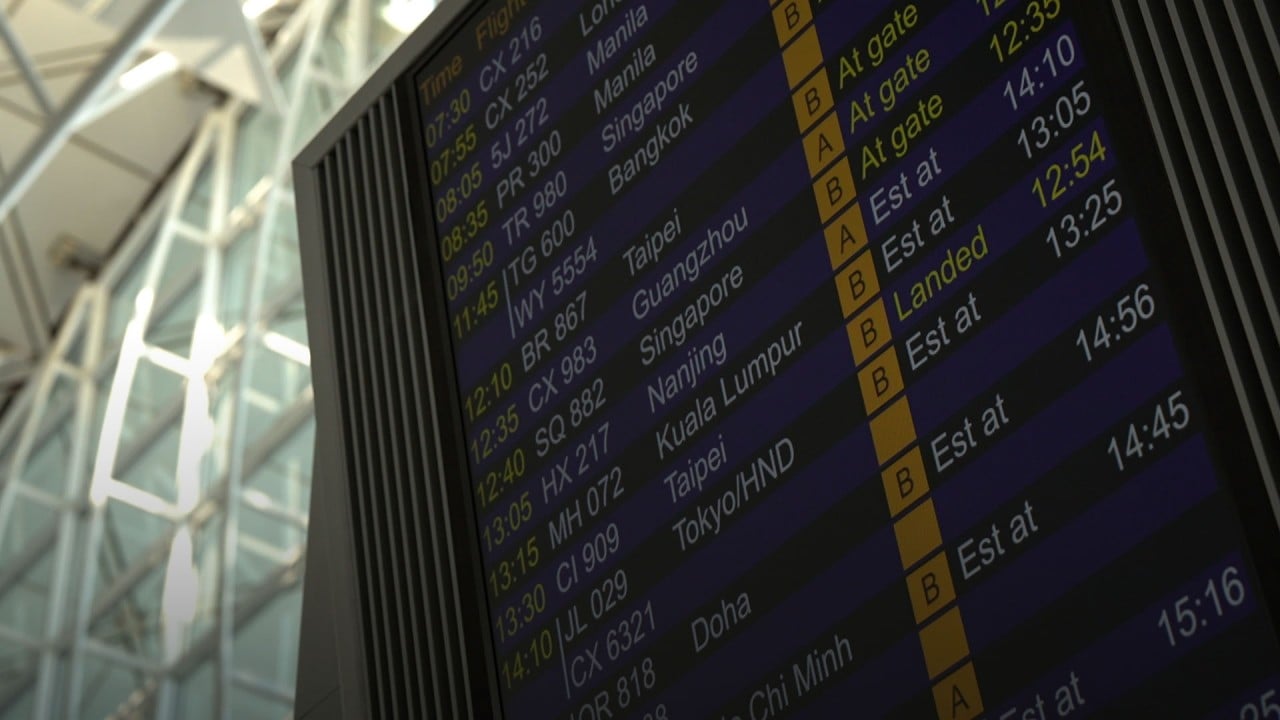
Hong Kong’s Covid-19 policy and reopening road map must be clear and manage expectations
- A lack of clear targets for the reopening of Hong Kong over the past few years has bruised both public and business confidence
- To restore trust, the government must communicate effectively with both sectors, and be accountable
Let the end to hotel quarantine be the first positive step of many
These cases expose the damage of having a Covid-19 policy that does not come across as being clear or certain enough. Of course, public health policy has to evolve with scientific data and in the early days of the pandemic, we needed statistics to look at before we could know what to do next.
The authorities did very well to protect Hong Kong during the first four waves of Covid-19, so much so that we probably have fewer antibodies than in other places with a more relaxed policy. But this does not mean the government cannot do better in expectation management.
Hong Kong is an international city and its residents are well-travelled and exposed, aware of the world and capable of comparing. The effect is that the Hong Kong government is under constant scrutiny and should be very careful when making promises.
In the past three years, the government has not managed to exercise a high level of caution. When the authorities first embarked on the mass vaccination programme, the expectation was that once targets were reached, borders could reopen.
But in the second half of last year, the highly infectious Omicron variant emerged and progress was interrupted. Though Omicron was thought to be milder than previous variants, the government remained understandably cautious, as a wave of hospitalisations could risk paralysing the public health system.
Meanwhile, Singapore, Thailand and other Southeast Asian countries began to reopen. Hongkongers started to question the Covid-19 policy, especially as rival Singapore first offered vaccines mere months before Hong Kong did.
Now that Hong Kong has taken its first steps towards a return to normality, the government must carefully review its Covid-19 policy, from decision-making to implementation. It is critical that the authorities effectively communicate with people and the business community, and manage and respond to their expectations, before it is too late.
John Hanzhang Ye is a PhD student in science and technology history at the University of Minnesota, Twin Cities and also holds an MPhil degree in sociology from the Chinese University of Hong Kong



